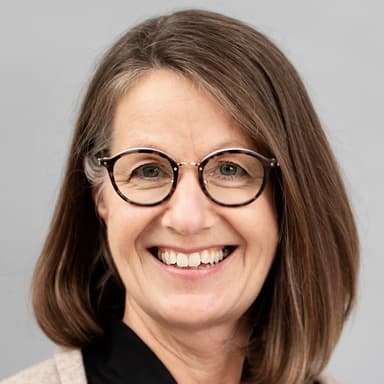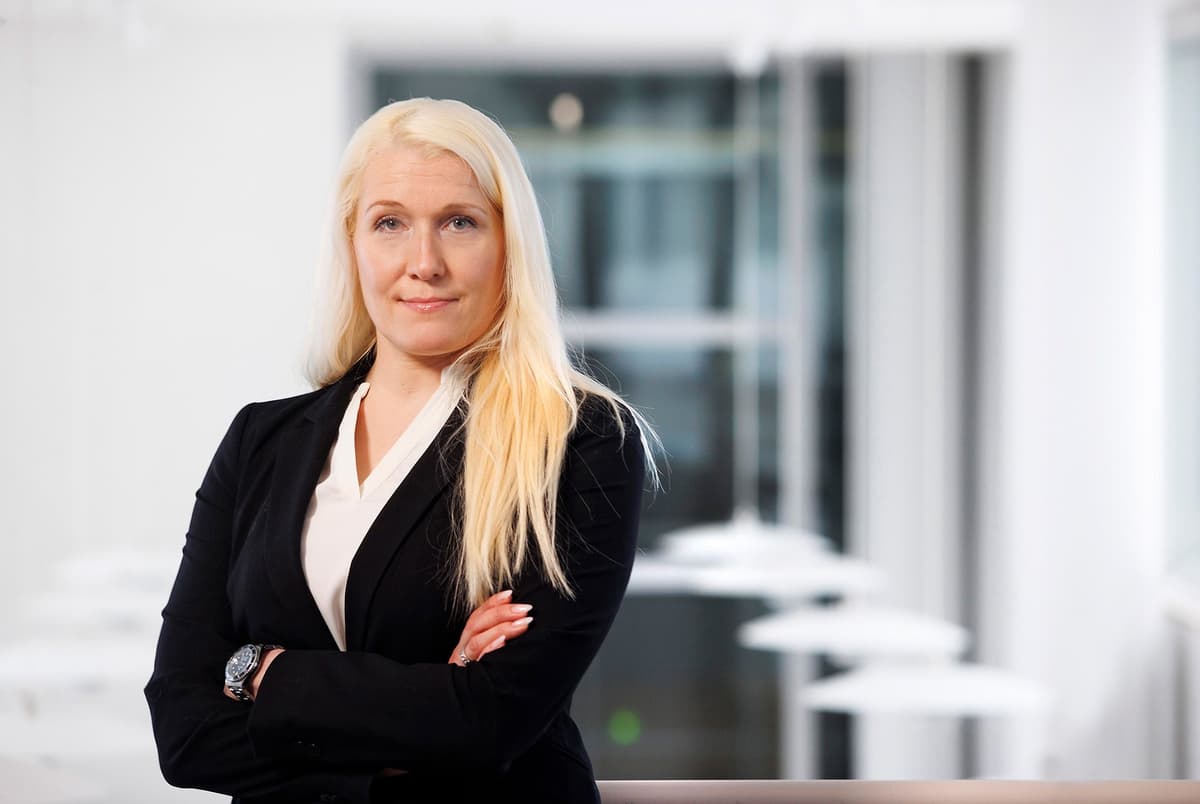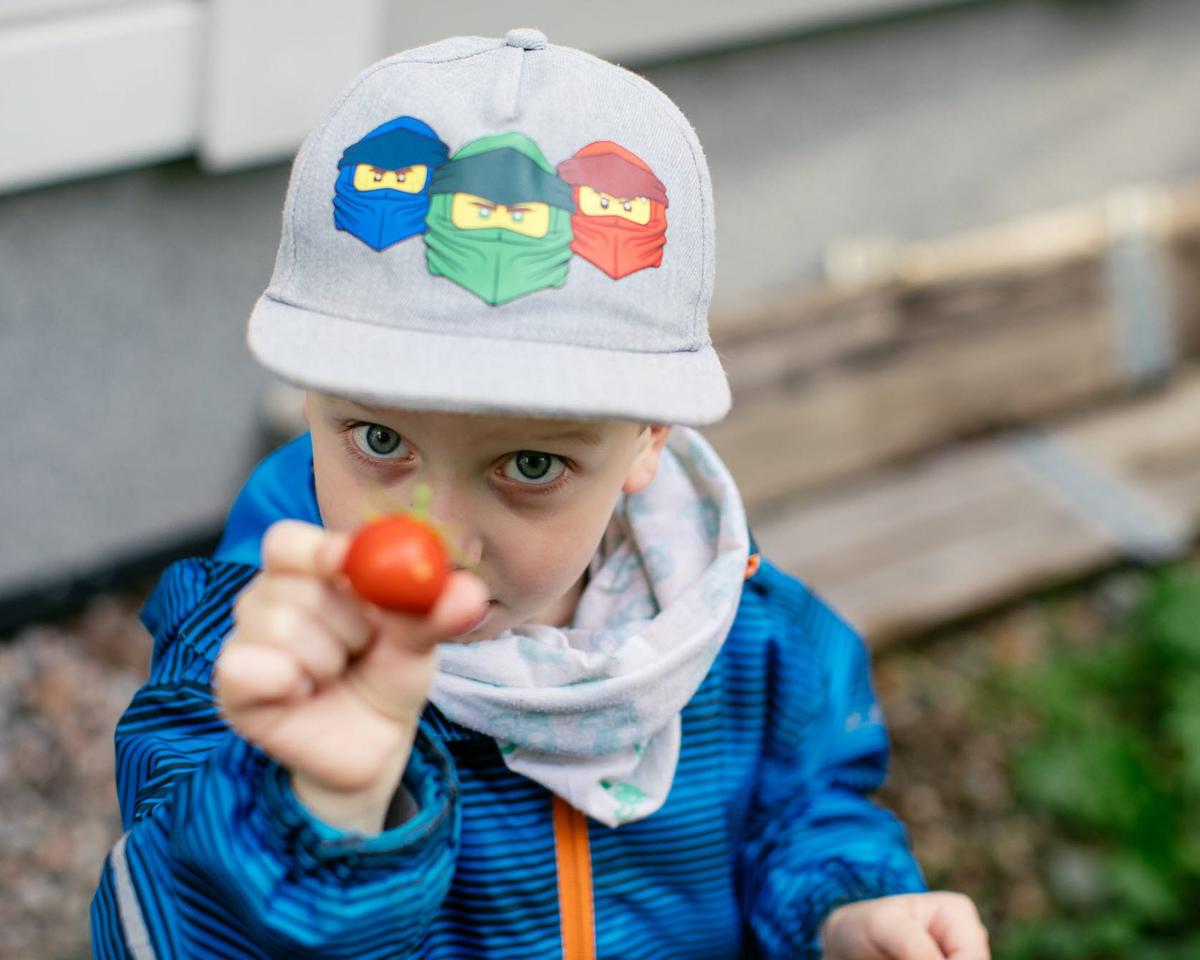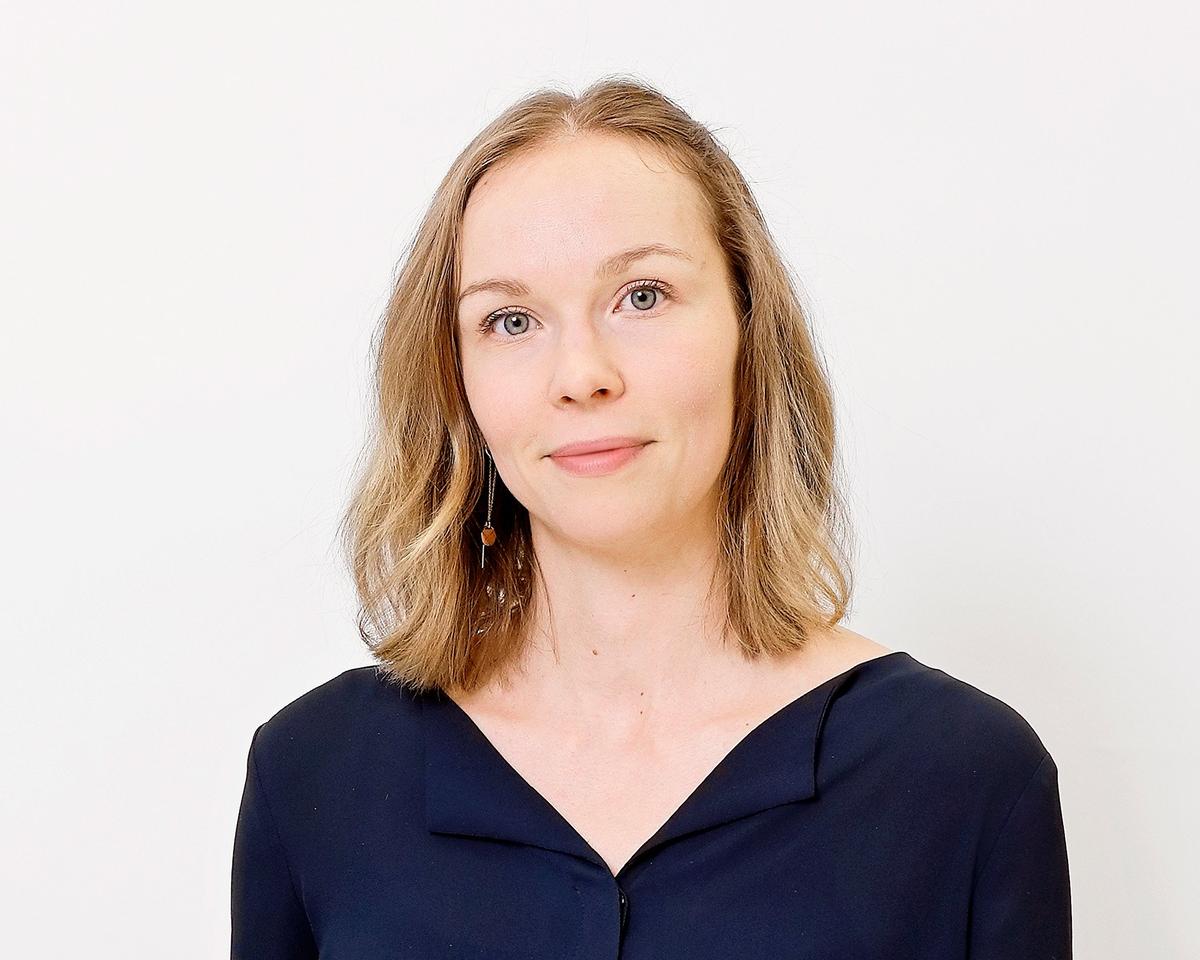Significant funding for research on monogenic osteoporosis

The Metabolic Bone Diseases research group at Folkhälsan Research Center has secured significant funding from Jane and Aatos Erkko Foundation for a project on monogenic osteoporosis. "Our research will directly benefit affected patients, but we are also confident that our findings will be useful in developing treatment strategies for more common forms of osteoporosis in the general population", says group leader Outi Mäkitie.
The funding is for the group’s project on monogenic osteoporosis. The group will focus on osteoporosis that begins at an early age – already in childhood or in young adulthood – and is caused by a single genetic defect in a gene that has a major role in bone metabolism.
In previous studies, the group has already identified several affected families. The aim is to learn more about the various signaling pathways’ effects on bone health, about the mechanisms that lead to osteoporosis, and potential effects on musculature. In osteoporosis, bone loss results in fractures. Muscle loss, sarcopenia, often coexists and contributes to skeletal fragility.
– We will carefully study patients’ skeletal and muscular features using various imaging methods, blood samples, and bone and muscle biopsies. We will then also use a wide range of laboratory methods to study the tissue-level, cellular and molecular features in bone and muscle tissue and in established cell lines. We will develop zebrafish models for some of these genetic forms of osteoporosis to learn more about the gene mutations’ effects to try to identify means to treat skeletal fragility in these genetic forms of osteoporosis, says Outi Mäkitie.
Valuable information to patients
The patients included in the study have a rare genetic disease and there is very little information available about the natural course and prognosis of the disease.
– Through our study we will get a better idea of the features and complications of the disease, including not only bone health but also muscle strength, and how various applied osteoporosis treatments have impacted the patients’ fracture risk. This information will be valuable to the patients.
But in order to be able to identify targeted treatments, or to discover completely novel therapies, the researchers plan to do a much more extensive analysis of the bone and muscle characteristics on the cellular level using various laboratory methods.
Enables new recruitments
The Metabolic Bone Diseases research group consists of 17 people today.
– My research group is quite large nowadays, and over the years we have acquired a lot of clinical and methodological expertise. The planned project will require input from several dedicated and skilled researchers and the funding will enable us to continue our work as a team towards these new goals, says Mäkitie.
The group will also be able to recruit some new researchers.
– It is excellent that the funding period spans four years. Long-term funding is essential for conducting extensive in-depth studies, starting from clinical studies to basic laboratory research.
Jane and Aatos Erkko Foundation has awarded the research project at Folkhälsan Research Center entitled “Bone, muscle, and their interactions in monogenic osteoporosis” a grant of EUR 1.4M. The Grant Period starts on September 1, 2025 and lasts for four years.
Contact us
Read more about the research
Läs artikeln på svenska här
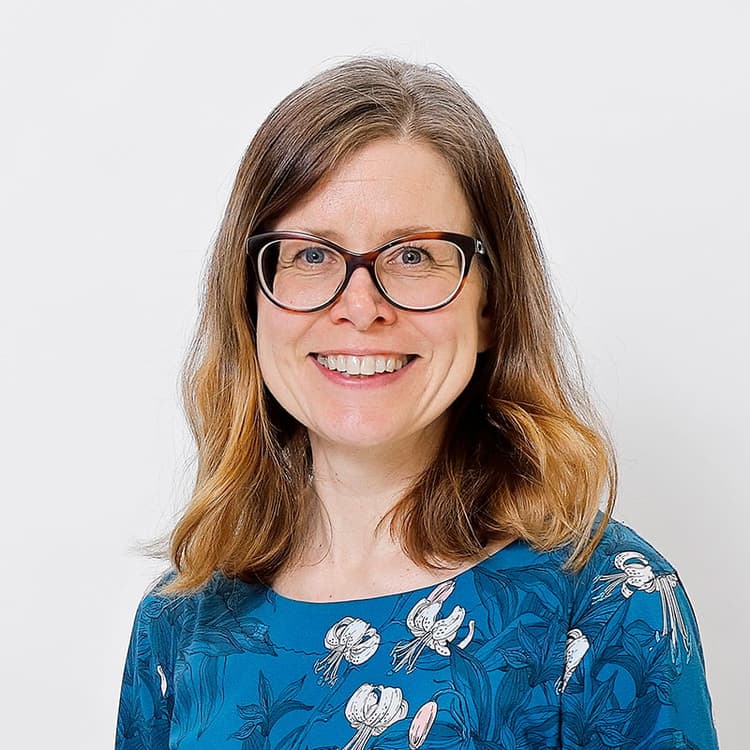
Heidi Furu
Science communicator
Administration
+358 44 488 3086
